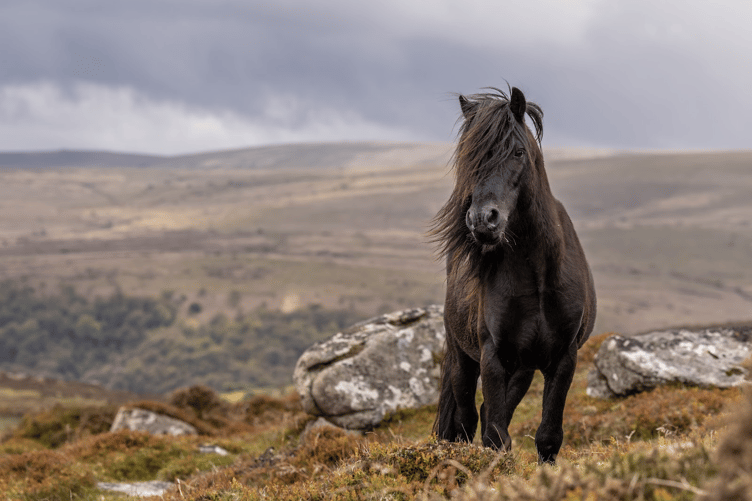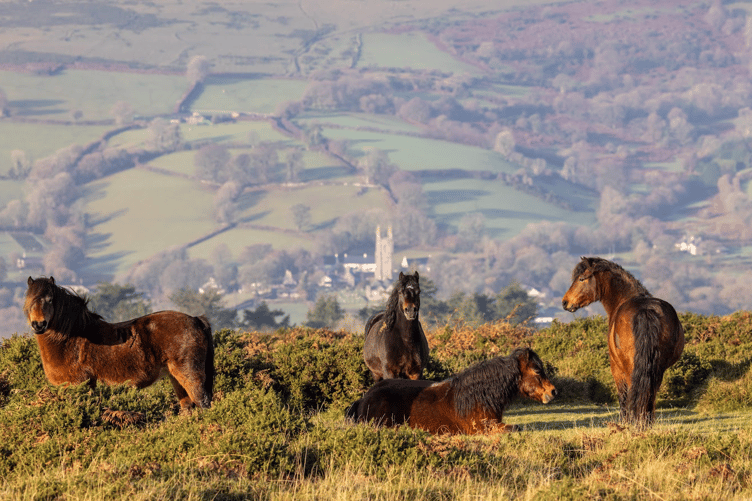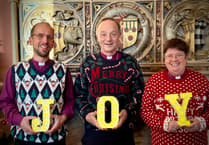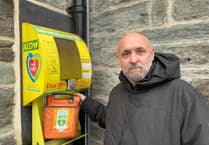The unique breed that is the endangered Dartmoor Pony is due to have added survival protection under a new passport scheme.
Dartmoor Pony Heritage Trust (DPHT) has announced it is introducing the Dartmoor Heritage Pony passport scheme as the future of Dartmoor’s ponies comes under growing threat.
The numbers of Dartmoor Heritage Ponies continue to dwindle, placing at risk not just individual ponies but entire multi-generational herds. This raises concerns for the survival of a breed that has roamed the moor for thousands of years, shaping and protecting this unique landscape and eco-system.
Working with the Dartmoor Pony Society (DPS), the DPHT has brought back the Dartmoor Pony Heritage passport, discontinued several years ago. The aim is to help distinguish the Dartmoor Heritage Pony on Dartmoor and give recognition as well as encouragement to the Pony Keepers who strive to ensure that these sure footed, quiet temperament and traditional Dartmoor ponies continue to graze the moors.
Under the scheme, the DPHT will cover the cost of issuing and upgrading heritage passports, including vet and microchipping fees. Pony keepers will also receive a one-off payment for their work. Herd will be inspected by DPS judges to meet true-to-type Dartmoor Pony standards for the DPS official register.
The charity is also launching a newsletter so people can stay up to date with its work, learn more about the importance of the ponies, and support their survival through donations.
Pony keepers have welcomed the move. Verity Nicholls, who runs the renowned Peek Hill herd with her partner Graham Colton, said: "We breed the true Dartmoor heritage pony – hardy, resilient, and true to type. These ponies are incredible – so tough and full of character. The joy they bring is amazing... it’s always a pleasure to see such beautiful ponies and know we bred them."
The DPHT already runs 40 heritage ponies at Bellever. The ponies support conservation by controlling aggressive grasses, helping plants and wildlife to flourish, and protecting archaeological features including Bronze Age hut circles. Bird surveys at Bellever have recorded increases in under-threat Tree Pipit and Whinchat.
The pony trust supports breeders and farmers across Dartmoor through grants and schemes, rehoming ponies for conservation grazing nationwide, and helping with health, handling and legal requirements. Services include acclimatising young ponies to tolerate people and helping with vaccinations and worming costs.
For many pony keepers, the animals represent a way of life. Margaret Rogers, who farms at Higher Venton near Widecombe-in-the-Moor with partner Michael Lamb, said: “Dartmoor has a spirit of its own. It’s something you feel deep within you, a sense of belonging that comes from knowing every inch of the land.”
The ponies are ‘beautiful, mesmerising’ and ‘part of our history, our identity’. She added: “To see them thrive on the moor is to see a piece of Dartmoor’s heart beating.”
Once vital to mining, Dartmoor ponies now have a new role as conservation grazers, helping to secure the living heritage of the moor for future generations.
The heritage passport scheme will launch this autumn. More details and to sign-up for the new DPHT newsletter, see dpht.co.uk or contact [email protected] .






Comments
This article has no comments yet. Be the first to leave a comment.